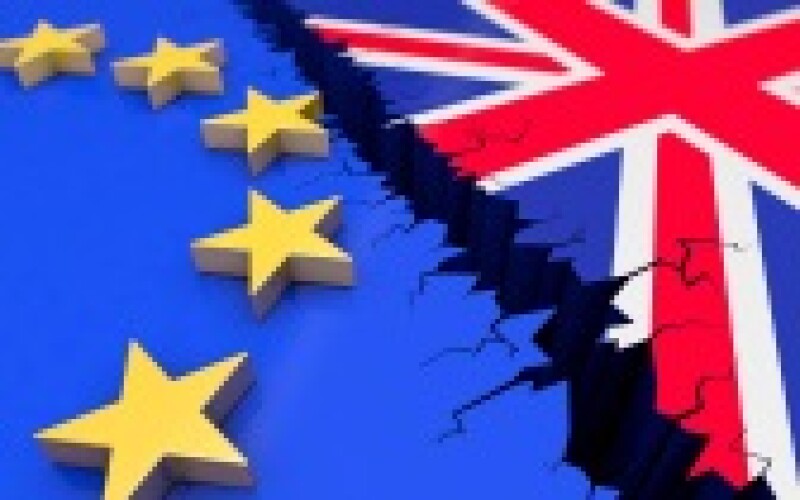
Four months after the UK voted to leave the European Union on June 23, the impact on IP rights in Europe is gradually becoming clearer. But, as speakers at two sessions on Friday will explain, there remain many issues up for discussion.
The most important point to note is that for the time being it is business as usual, says Chartered Institute of Patent Attorneys (CIPA) President Tony Rollins, who is moderating an afternoon panel at the AIPLA Annual Meeting called "Update and Practical Tips: European IP Practice Post Brexit".
The formal process for the UK to leave the EU will not begin until Spring 2017, when the new UK Prime Minister Theresa May says she will trigger the Article 50 notification. This sets the clock ticking on a two-year process that will likely see the UK separated from EU law and regulations by April 2019.
IP practitioners, and their professional bodies, in the UK are already looking at how existing and future IP rights will be affected. "We are discussing the different possibilities. There are a lot of discussions going on with government, but many of these questions are ultimately political," says Rollins. "However, we hope there will be some progress by the end of this year." Last month, CIPA published a 12-page guide to the impact of Brexit on all IP rights.
Some of the most pressing questions concern EU trademarks and designs and what measures can be put in place to ensure protection is maintained in the UK. The Institute of Trade Mark Attorneys (ITMA) published a paper examining seven scenarios and Tania Clark will discuss these in detail in tomorrow's panel. ITMA is pushing for an outcome that minimises cost and disruption while maximising legal certainty.
The situation regarding European patents is much simpler, as these are not affected by Brexit. However, there are questions about Brexit's impact on the proposed Unitary Patent and Unified Patent Court (see box) as well as EU regulations on supplementary protection certificates, regulatory data protection and orphan drugs (among other areas), which will be discussed today by Michael Williams of Cleveland IP.
May has stated that the UK government will introduce a Great Repeal Act, which will in the short term implement EU directives and regulations directly into UK law. These will then be revised or replaced over subsequent years. "Now is a good opportunity to hold discussions with government on how the UK can implement and even improve on EU regulations. Once the Great Repeal Bill is in force, then we can hopefully implement them quite quickly," says Rollins.
"If we, as attorneys, have all the rights we currently have post-Brexit, that would be the ideal outcome, but clearly there are many issues ranging from transitional measures to rights of representation that need to be resolved," says Rollins.
How Brexit affects the UPC
Attendees at this year's AIPLA Annual Meeting might have expected to attend a session on the launch of the Unitary Patent and UPC. Unfortunately, the Brexit vote has delayed that. While many participating EU member states have now ratified the UPC Agreement, the UK (which is one of three countries that must ratify before it can come into force) has not.
That means that, despite considerable progress being made in the past year on matters such as fees, the appointment of judges and the locations of the court divisions, there remains much uncertainty about when the new patent system will come into effect.
Much of this uncertainty arises from the question of whether – and if so how – the UK can participate in an EU initiative when it is planning to leave the EU, particularly as the UPC will be subject to EU law in certain areas. A recent legal opinion commissioned by the UK profession indicated that in principle the country could continue to take part, even after Brexit, but it remains to be seen if there is political will to do this. Further advice is being sought in the light of developments since it was written.
These questions will be discussed in Friday morning's session "The UPC and the European Patent System: What is Happening Next (and What are the Consequences of the UK's Brexit Vote)?", which will include views from both a prosecution and litigation perspective.










